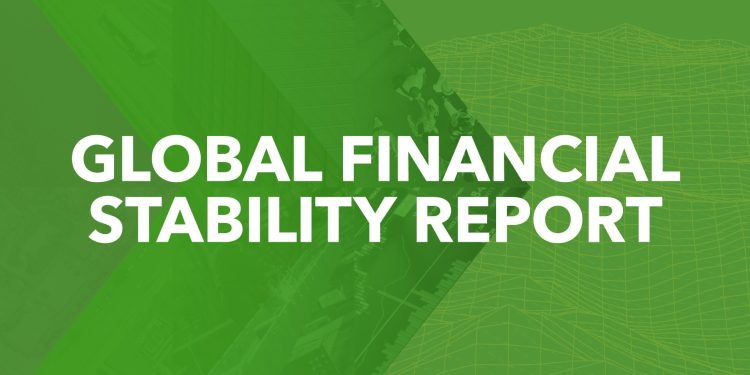Geopolitical Shockwaves: Why Emerging Markets Are the First to Bleed When Global Risks Flare
In an increasingly fragile world economy, it is not bullets or bombs that draw first blood; it is the financial markets of vulnerable nations. The IMF’s April 2025 Global Financial Stability Report, released during the Spring Meetings, offers a stark but timely warning: geopolitical risks, once deemed secondary to economic fundamentals, are now central drivers of financial turbulence.
From the frontlines of Eastern Europe to the volatile corridors of the Red Sea, global tension is not just raising diplomatic anxiety but also reshaping asset prices, choking capital flows, and threatening the financial scaffolding of entire economies. What lies at the heart of this turmoil? What we see is that emerging markets, which are low on fiscal firepower and heavily reliant on cross-border flows, are bearing the brunt.
Fragile Fortresses in a Storm
The report’s Chapter 2, titled “Geopolitical Risks: Implications for Asset Prices and Financial Stability”, cuts through the abstraction. Its finding is clear: while many geopolitical events exert only a modest influence on financial markets, major conflicts, especially military ones, can hammer stock markets and drive-up sovereign risk premiums.
In these moments, capital deserts nations that need it most. Even a slight external shock can shift the balance from stability to spiralling debt distress for countries with limited foreign reserves or policy buffers.
What’s more, the fallout doesn’t respect borders. Countries not directly involved in a conflict—but intricately linked through trade channels or financial networks, can find their equity markets roiled and their banks destabilised. One example highlighted is when a nation’s key trading partner becomes entangled in conflict, triggering a downward correction in the home country’s firm valuations.
Market Memory Is Short. But Risk Isn’t.
Investors, the report finds, often attempt to price geopolitical uncertainty into options and equity valuations. But when the abstract risk becomes real, when troops are deployed or trade routes are blocked, the market reaction is visceral. Volatility spikes. Equity values fall. Confidence evaporates.
Banks and non-bank financial institutions in emerging markets are particularly vulnerable. Their equity shrinks. Their access to credit is tightening. Lending activity recedes, just when businesses and households need it most. Simultaneously, investment funds exposed to conflict-affected countries report lower returns and accelerated outflows, a double whammy of portfolio loss and capital retreat.
Sounding the Alarm—Not the Panic Bell
What can we do now?
For advanced economies, the toolkit is better stocked. But for emerging markets, the IMF urges preemptive fortification: build fiscal space, accumulate reserves, and deepen domestic capital markets to increase resilience. These nations must also institutionalise stress testing and scenario analysis, not just for banks but across financial market participants.
In a multipolar world with rising protectionism, a fractured multilateral order, and supply chains increasingly weaponised, the financial world cannot treat geopolitical risk as a tail event. It is becoming the defining variable for emerging market stability in the coming decade.
Ghana and the African Dilemma
For countries like Ghana, where fiscal space is razor-thin and dependence on global commodity prices remains high, the warning signs are particularly salient. Amid ongoing recovery efforts post-debt restructuring and renewed hopes for investor confidence, geopolitical tremors elsewhere could easily unravel fragile gains at home.
Africa’s financial integration with the rest of the world, through both trade and capital markets, means it cannot afford to be a bystander. The continent’s policymakers, regulators, and financial institutions must rethink their risk maps, not just in terms of domestic political risk, but in the geopolitical chessboard that governs global capital sentiment.
Final Thought
The IMF’s message is unambiguous: in a world where the fuse of geopolitical risk is growing shorter, the fire spreads faster. Emerging and developing economies, though not always the spark, often become the kindling.
The question is no longer whether the next crisis will come from geopolitical instability, but it is how prepared we are when it does.
Follow NorvanReports on all our social media handles; this article is part of our special coverage of the IMF-World Bank Spring Meetings in Washington, D.C. Follow @NorvanReports for more real-time updates and expert analysis from the global economic stage.








